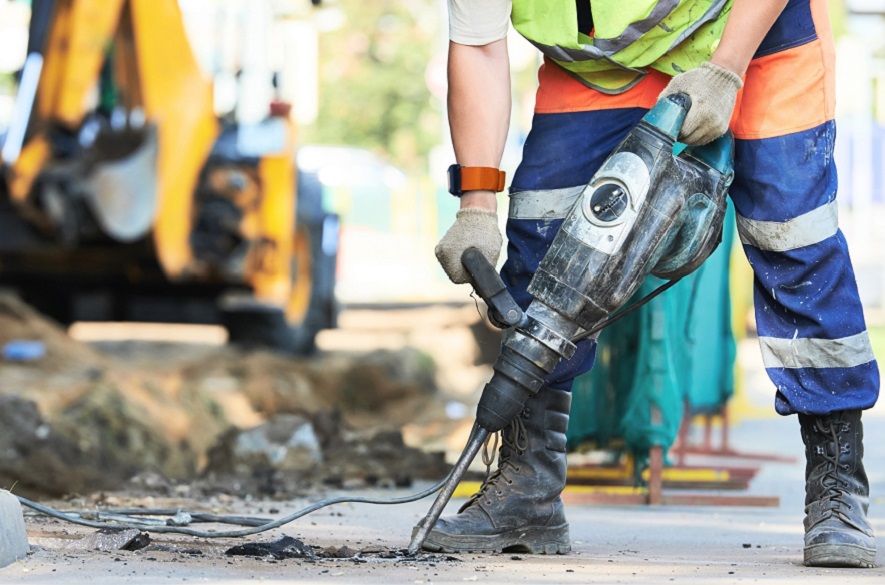Reactec, the award-winning market leader in monitoring and management platforms for exposure to hand and arm vibration, is marking the UK’s first Stop, Make a Change initiative today (18 April) by launching their Hand Arm Vibration Syndrome (HAVS) awareness campaign to the industry.
The Stop, Make a Change initiative is being pioneered by the Civil Engineering Contractors Association and is the UK’s first industry-wide safety stand-down. Companies across the country will use the day to discuss with employees how the industry can boost health, safety and wellbeing, with mental health, respiratory illness, fatigue and plant safety.
Reactec are working closely with their customers who are taking part in the initiative including the Environment Agency, Carillion Rail, Morgan Sindall, Balfour Beatty, A-Plant, Speedy, HSS, and Torrent. Reactec are providing hard hitting posters (see images) and briefing presentations for customer safety briefings throughout the day and are also asking HAVs suffers to share their experiences of contracting the disease to raise further awareness of this incurable condition.
Commenting on the initiative, Tracey Gorman, Business Development Director of Reactec said: “Our HAVS campaign is an important one and we hope that by taking part in the Stop, Make a Change initiative today we are raising awareness of this life changing condition which is entirely preventable. HAVS not only affects people physically but it can also be mentally debilitating which is why it’s an important issue to raise today as anxiety, stress and fatigue are directly related issues for HAVS sufferers that, if not dealt with, can remain with them for a lifetime.
Everyone at Reactec works hard to help our customers promote a workplace culture that creates a safe and with equal importance a healthy environment for their workers and in particular those who use vibrating equipment.”
HAVS, which is also known as Vibration White Finger, is one of the most common industrial diseases in the UK. The condition is usually caused by the prolonged use of power hand tools, whose vibrations can damage the blood vessels, nerves, muscles and joints of the hand, wrist and arm. 300,000 people in the UK suffer from the condition, for which there is no known cure, only prevention.



